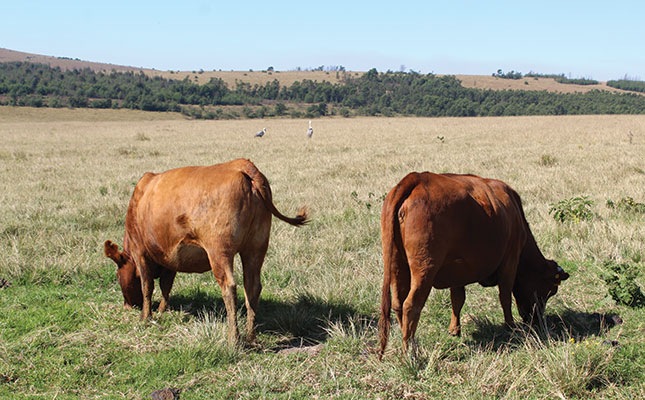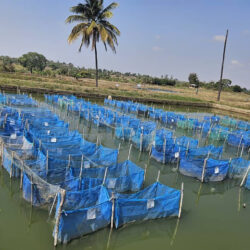Abuja: Nigeria is on the cusp of a livestock revolution, aiming to transform a sector plagued by conflict and underdevelopment into a powerhouse of economic growth. The government, under President Bola Tinubu’s leadership, is forging a new path, seeking to unlock the sector’s immense potential and address the long-standing tensions between farmers and herders.
A pivotal moment arrived with the signing of a Letter of Intent between the Nigerian government and JBS S.A., a global meat processing giant. This partnership, forged during President Tinubu’s recent visit to Brazil, signals a shift towards modern, sustainable livestock practices.
“We are turning a situation of tragedy into one of opportunity,” President Tinubu declared, emphasizing the government’s commitment to addressing the root causes of conflict and creating a modern, prosperous economy from what was once a source of strife.
A Blueprint for Transformation
The Presidential Livestock Reforms Implementation Committee (PLRIC), led by former ASUU President Attahiru Jega, has laid the groundwork for this transformation. The committee, comprising experts, industry leaders, and academics, has developed a comprehensive blueprint that outlines key priorities:
- Conflict Resolution: Establishing robust mechanisms to manage farmer-herder disputes, including sustainable financing for implementation.
- Feed Security: Developing a comprehensive national feed security program to ensure stable and affordable feed supplies.
- Digital Transformation: Implementing a unified digital taxation system to attract investment and streamline operations.
- Sustainability: Promoting climate-smart practices, such as waste-to-energy initiatives, to minimize environmental impact.
- Innovation and Mechanization: Integrating advanced technologies to enhance productivity and efficiency across the value chain.
Learning from Brazil
The Nigerian delegation, led by the Minister of Livestock Development, Idi Muhktar Mahia, embarked on a study tour of Brazil, gaining valuable insights into best practices in livestock management. The Brazilian model, with its focus on large-scale, integrated operations and advanced genetic stock improvement, will serve as a guide for Nigeria’s transformation.
The Path to Prosperity
The benefits of a revitalized livestock sector extend far beyond economic growth. By addressing the underlying causes of farmer-herder conflicts, the government aims to foster lasting peace and stability. Furthermore, a thriving livestock industry will contribute significantly to food security, ensuring that every Nigerian has access to nutritious food.
The road ahead will undoubtedly present challenges. However, with a strong political will, strategic partnerships, and a commitment to innovation, Nigeria can unlock the immense potential of its livestock sector, creating a brighter future for its people.




